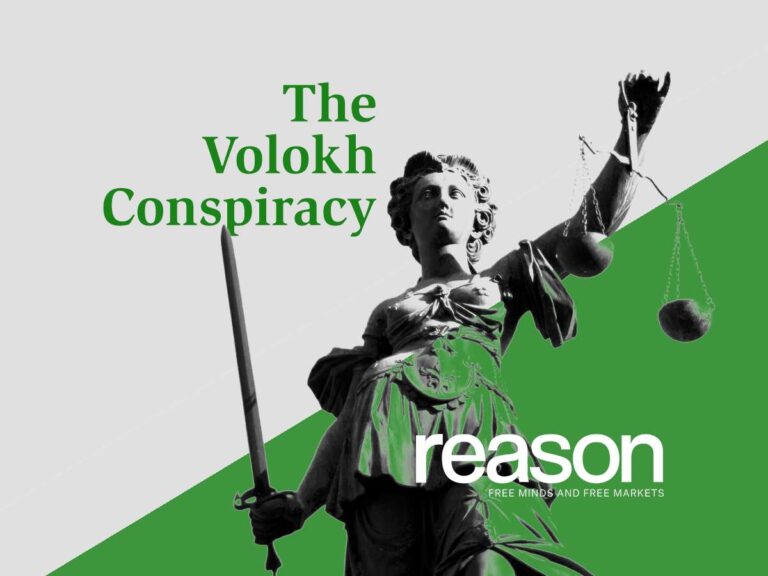The recent news about the flags flying at the residence and vacation home of Justice Alito and his family reminded me of something larger that I was planning to blog about: In times of polarized politics, it is depressing that so much political attention is focused on interpreting the meaning of phrases and symbols used by the other side.
The Alito flag is one recent example, but I see this as a recurring dynamic: What does “from the river to the sea” mean? What is “critical race theory”? What does “all lives matter” mean? A surprising amount of politics ends up being informed through debates over the meaning of phrases and symbols used.
I’m sure there’s already an academic term to describe this, but since I don’t know it, I’m going to call it the queer politics of meaning assignment. Here’s the idea: In a polarized political environment with little communication between the two sides, it’s easy to rile up your own side by giving the other side’s symbols and phrases an unfair interpretation. Here’s what it means, you announce. Now you see who the other side really is. Finally, they say the quiet part out loud: Here’s who they are.
Sometimes the assigned meaning is correct, and being unkind is merely being accurate. In that case, that’s fine. But often meanings can be contested. A particular symbol or phrase can mean different things to different people. A particular use can be innocuous, or it can be a situation where the meaning is uncertain. In those situations, the assignment of meaning can cause a lot of problems. It can effectively create a meaning that is not what the person using that symbol or phrase meant.
I don’t personally know what that particular flag means, so I don’t know to what extent the Alito flag saga reflects this dynamic. But it seems to me that this concern emerges when a lot of attention is focused in our politics: a phrase or symbol is brought to attention, and someone on the other side declares what it means, and then both sides walk away with entirely different understandings of the facts, because they have assigned different meanings to the symbol or phrase.
This is not to doubt that there are real differences in political opinion, or that some symbols and phrases are extremely offensive, but I wonder if something is lost when we focus on symbols and phrases rather than directly addressing the underlying differences of opinion.

